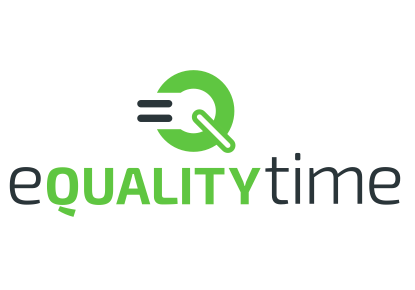So I’ve been ‘incubating a new project. It’s existed within eQuality Time as a concept for a while and over the last few months I’ve been making connections around it and putting things into place. It’s time at this stage to put the ‘broad brushstrokes’ out there. The intent of this article is to describe a problem space and present the strong case for a particular program that will relieve some of the pressure.
The context: language can be a barrier both inside and outside of schools
Almost 1 in ten UK households have a non-english speaking member. In such households UK TV is generally not watched to avoid further isolating household members, even if others have a desire (or even, given the politics of the playground, a social need) to consume traditional UK media. This state of affairs perpetuates at the expense of that households. The non-english speaking members continue to be isolated, and barriers are formed between the bilingual members and their peers.
Children in such households are bilingual by necessity, but when you look at their school performance, their results in English are, quite understandably, much lower than their scores in, Maths and Science (in many cases, they still perform better than their peers). Pride and fear of labeling are big reasons why these kids don’t accept extra help from teachers.
Language barriers remain a major obstacle in UK healthcare [1], child protection [2], and involvement in local issues [3]. We developed this project in response to not only the academic research but also from the written and verbal feedback from teachers and students that we have previously worked with on literacy issues.
Our idea: translating subtitles using teamwork and technology
So I believe that every child has a right to sit down with their family and watch Doctor who, and that’s a bit difficult when the iPlayer doesn’t subtitle in Urdu, or in Polish, when it doesn’t include simplified English and in some cases
when it doesn’t subtitle it at all. But I’ve got lot of contacts with schools in London who have a lot of bilingual kids, and I have got a bunch of techniques that get kids to work together on literature. So I want to go into a school, take 10 kids who want to give something back to their community and say to them that we’re going to do an hour a week after school, doing a bit of translation work. And every week they can take home their translation, and have it running in front of the TV.
I see a network of schools: “You are the Eastenders school!”, “You are the Cash in the Attic school!”, “You are the Sherlock school!”, “6th-formers? You get to do the thick of it.”. Everyone shares.
This is just a concept note, but I think it’s a way to bring communities closer, to end isolation, and to sneakily get an hours extra help with English to a group of kids whose pride might stop them taking it any other way.
[1] JACOBS, E., CHEN, A. H., KARLINER, L. S., AGGER-GUPTA, N. and MUTHA, S. (2006), The Need for More Research on Language Barriers in Health Care: A Proposed Research Agenda. Milbank Quarterly, 84: 111–133. doi: 10.1111/j.1468-0009.2006.00440.x
[2] Kriz, Katrin, and Marit Skivenes. “Lost in translation: How child welfare workers in Norway and England experience language difficulties when working with minority ethnic families.” British Journal of Social Work 40.5 (2010): 1353-1367.
[3] Livingstone, Andrew G., et al. “The language barrier? Context, identity, and support for political goals in minority ethnolinguistic groups.” British Journal of Social Psychology 50.4 (2011): 747-768.
